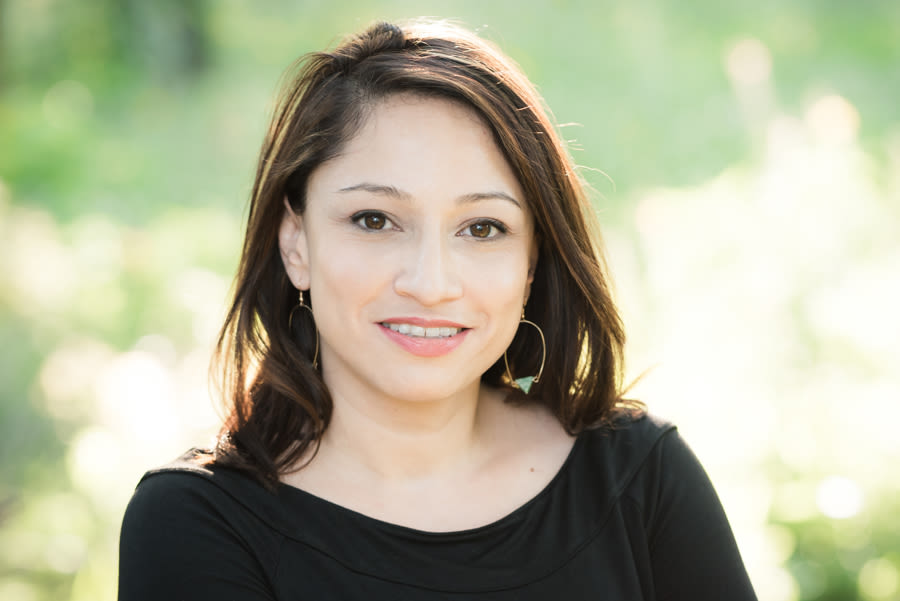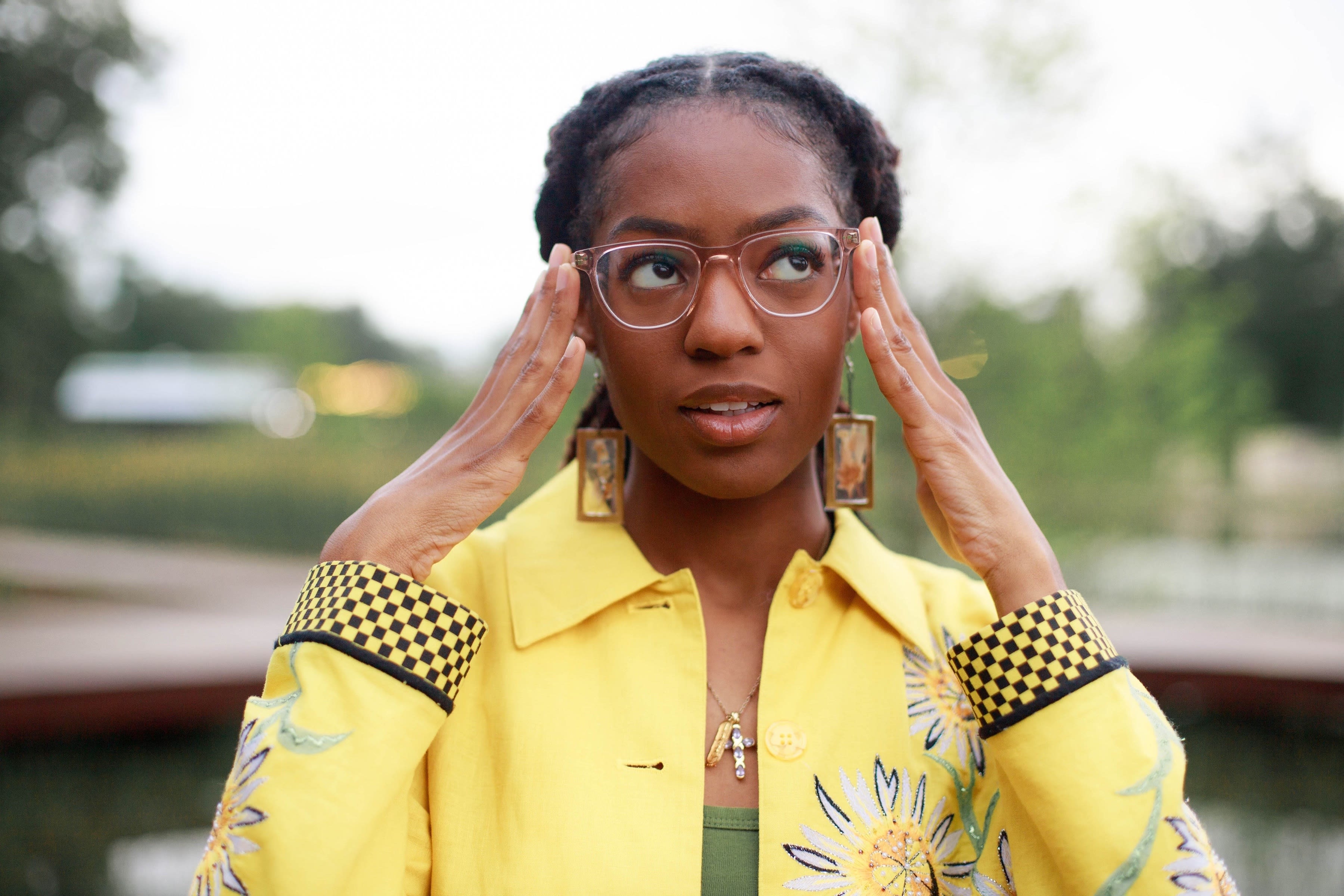What Makes Poetry Unique? We Ask Houston's New Poet Laureate

Image: Danielle Chisler
Meet Leslie Contreras Schwartz. A Rice grad and author of two books, she succeeds Deborah D.E.E.P Mouton as Houston’s fourth poet laureate, serving from 2019 to 2021. Houstonia caught up with her to talk about life as a writer and what she plans to do with the platform.
How did you first get into writing?
Actually, when I was young, I wanted to be an illustrator. But I just really loved reading, and I was always creative. I think around the first grade, a teacher said, “We’re going to do a play, so I want everyone to go home and think about what you would like to do.” I went home, and I wrote a play with my brother—my older brother, who is also a writer—and then I brought it back the next day, and that was what we did. In middle school, I wrote constantly, you know, just for my own private interest, and in high school I was encouraged to keep doing it.
But I don’t think I seriously threw myself into writing until I got to Rice. I remember for the first time being exposed to poets that were very different than what I learned in high school—people of different backgrounds, like Li-Young Lee or Lucille Clifton. I grew up used to what everyone learns: Emily Dickinson and Shakespeare. And I like Emily Dickinson! But my professor Susan Wood exposed me to living poets. That was the first time I saw myself as possibly becoming a writer.
Why, to you, is poetry interesting?
If you ever hear a really good poet read their work, there’s something that is distinct from fiction. Fiction tends to be traditionally more narrative, but there’s something about poetry that works kind of outside of language, especially if it’s a topic that really hits home with you. A lot of things that poets will write about are things that we all think about—our families, our relationships, things that bother us in current events—that are extremely difficult to talk about. There’s something lost when you start putting a linear narrative to it. But if you want to give the images that you remember about your father who passed away, there’s a different feeling and something that you take away that’s completely different. It helps you enter that moment.
Tell us what attracted you to the poet laureate position; you’ve talked about using the role as a way of addressing mental health with different groups.
When the application opened up, I was looking for something where I could share what I know with the community. I just listed all the groups that I could think of: women in shelters, a Houston-area women’s center, youth who are in detention, homeless youth, homeless adults, people struggling with mental illness. I can’t possibly reach everyone, but my goal is to focus on a few and then create a book of workshops. Then people who provide services to these communities can go out and teach.
For example, I’ll bring some poems to class that show extreme observation without judgment. I bring some contemporary poems, like odes. There’s this one poem by Ross Gay called “ode to buttoning and unbuttoning my shirt,” and it’s this long poem that goes into the poet’s family history, the act of buttoning his shirt, and taking care of himself. Then I have the students practice it.
Instead of having them just focus on the extremely traumatic situations that they’re in, I have them focus on the small parts of it, like something that was difficult that day. I think that’s probably the thing that they struggle with the most—the overwhelming emotions that come with their situations. Some of these groups are already working with writing organizations, but because I have a background myself needing help when I was at Rice and learning mindfulness to get control of my emotions, I saw ways that I could integrate that into writing.
Do you have any poetry recommendations?
I taught a poetry class at UH, and the students were reading Lucille Clifton and they were like, “This sounds like it was written today,” because a lot of the issues she was talking about, like police brutality. Natalie Diaz, whose first book was about her brother’s addiction and the toll it took on her family and her parents—she’s Native American and Latino. I’ve always loved Li-Young Lee. Ocean Vuong, who is a young Vietnamese-American writer. There’s a long list, but those are a few.
Other than what we’ve discussed, what else is on the horizon?
I’m going to publish a third book next year. I’m editing it right now with a publisher. But I think I’m focused less on the outcome and more on the daily pracitce. I’ve worked so hard to create a writing practice, and it’s very hard to fall out of that, so I want to just keep working for as long as I can. I’m always working on multiple projects.
For more information on Contreras Schwartz's work, visit her website.




